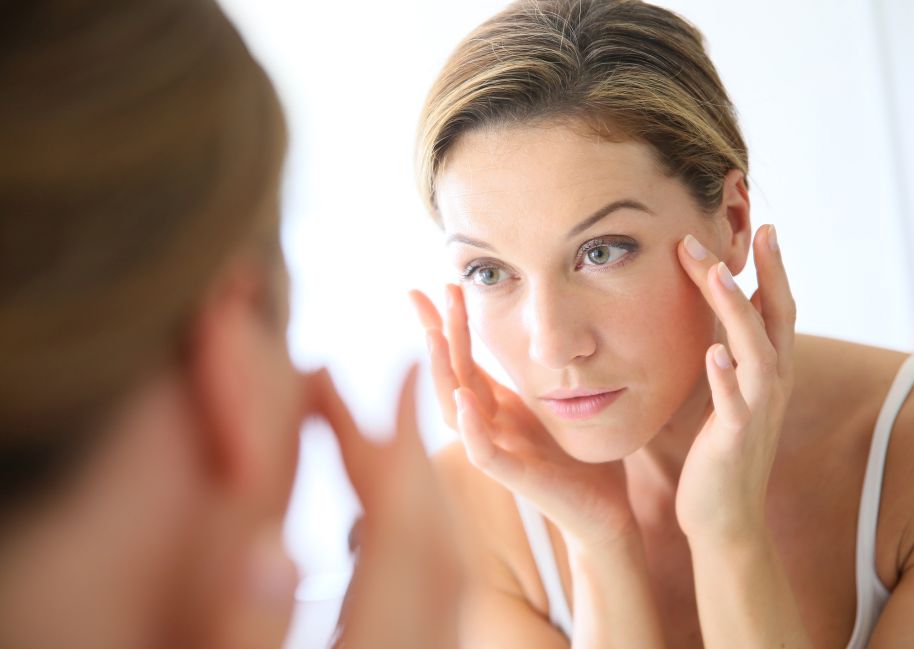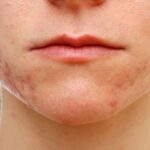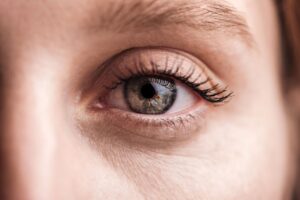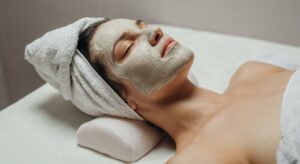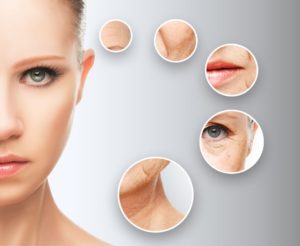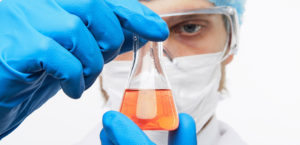If you’ve suffered from acne breakouts on and off, you know how frustrating it can be to deal with them and the acne scars that follow. They’re uncomfortable, they make us highly self-conscious and they put a damp on things. Perhaps the most frustrating thing about acne breakouts is they can leave scars on the skin.
These scars are unwanted reminders of an unpleasant, bothersome and sometimes painful condition. The good news is you can get rid of them! If you feel like you lost control of your skin and you want to bring it back to what it was before the acne breakout, there are ways to do that.
Acne scars don’t have to be permanent; there are many available remedies and treatments that make sure of that. That’s why today I wanted to bring you a list of natural home remedies, over-the-counter options, and injectable service treatments so you can eliminate those acne scars for good. The treatments are all safe and effective, just don’t try them all at once. Choose carefully and if it doesn’t work, try something else, but don’t abuse your skin.
Natural Home Remedies to Reduce Acne Scars
Natural remedies can be of great help when it comes not only to take good care of your skin, but also to reduce acne scars, lighten up the skin, and so much more. Here’s a short list of some of the most common and effective natural home remedies you can use on your skin:
- Coconut oil
- Shea butter
- Aloe Vera gel
- Raw honey
- Oatmeal
- Lemon juice
- Baking soda
These are common ingredients for face masks that, if used regularly, can make your skin healthier. We recommend you give these ingredients a chance by trying different face masks until you find what works best for you.
Over-the-Counter Options to Reduce Acne Scars
As you may already know, there are many acne remedies available over the counter. Some of them will help you reduce acne scars, but because there are so many options, it can be a bit overwhelming to choose. To help you out, here are the main remedies you should try:
- Salicylic Acid: Salicylic acid is a natural compound that’s a common ingredient in skin care products for acne. It does a great job at clearing dirt from the skin, dead skin cells and other debris that lead to acne breakouts. It also reduces swelling and redness, which will minimize the appearance of the scars. This compound if beneficial for all types of scars and people with acne can benefit from adding this to their skin care routine. Just make sure to test the product on a small patch of skin before applying to the entire face to make sure it doesn’t cause any irritation.
- Retinoids: Some topical retinoids can help reduce acne scars and they can help with hyper-pigmented scars by making them lighter. They also reduce acne lesions, block inflammation and speed up cell regeneration. Retinoids can cause sensitivity to the sun, which means you’ll need to wear sunscreen religiously every time you go outside while you’re using this product.
- Alpha Hydroxy Acids: AHAs will prevent clogged pores and eliminate dead skin cells, which is why doctors recommend it as an acne treatment and to help reduce acne scars. AHAs are mild acids that will essentially eliminate the outer layer of the skin, which is why it can help with scarring and discoloration. Make sure to consult with your dermatologist!
- Lactic Acid: Lactic acid is another common product and it provides a gentle peel for the skin that will get rid of dead skin cells, smooth out the skin and reduce acne scars. It will also lighten dark scar tissue, but it can cause hyper-pigmentation in some cases. For this reason, you must consult with your dermatologist first and then test the product on a small patch of skin to see how your skin reacts to it.
Injectable Service Treatments to Reduce Acne Scars
Last but certainly not least, we have a list of injectable service treatments that will help you take care of your acne cars and reduce them as much as possible. Once again, we urge you to consult with a dermatologist to figure out which option works best for your skin type and condition. But here’s a list of the most common and effective injectable service treatments so you know what to expect!
- Chemical Peel: Chemical peels are one of the most common recommendations from dermatologists to reduce and eliminate acne scarring. The type of chemical peel will depend on your skin type and the severity of your condition and scarring, so make sure you consult with a professional. You may need more than one chemical peel, so keep that in mind.
- Injections: Corticosteroid injections may help reduce acne scarring for people with keloid or hypertrophic scars. This kind of treatment consists of injections, which are applied by a dermatologist once every few weeks. They will monitor your results and adjust the treatment accordingly.
- Derma Fillers: That’s right, soft tissue derma fillers can also help with acne scarring. Dermatologists tend to choose a collagen-based filler for this kind of application and they will test you for allergies before applying. Another option is to remove fat from your body and use it for this purpose. This treatment option works best for people with athropic scars and treatment can last from 6 to 18 months.
- Microneedling: Microneedling consists of inserting tiny needles into the skin that’s around your acne scar to stimulate collagen production. Collagen smooths out the skin and can reduce acne scars from 31% to 62%. Some side effects include pain, inflammation and redness.
- Laser Treatment: Laser treatment is not for everyone and whether it’s suited for you will depend on the type of skin and acne scarring. What it does is remove the uppermost layer of skin to reduce scarring.
As you can see, there are many great options to deal with acne scarring and take back control of your skin. Don’t give up just yet and consult with your dermatologist!
*Information in the blog is provided for entertainment purposes only. Consult a medical professional before attempting any tips shown here.
*Information in this article is not medical advice and may not be factually accurate. It is intended for entertainment purposes only. Consult with a physician before attempting any tips in this blog post and to get the most up to date factual data about any procedure or treatment.

